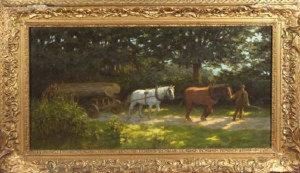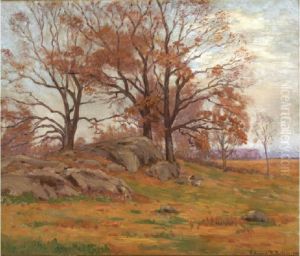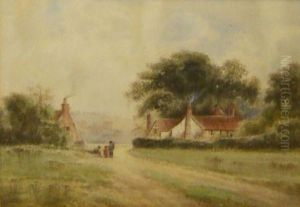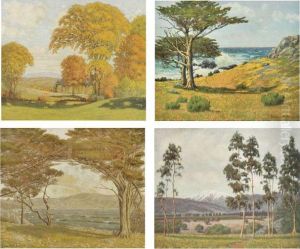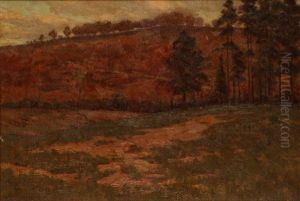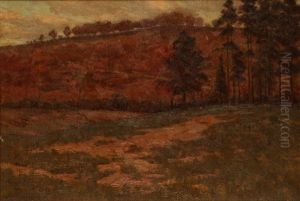Edward Burgess Butler Paintings
Edward Burgess Butler was not primarily known as an artist, but rather as an American businessman and philanthropist who made significant contributions to the city of Chicago. Born on December 16, 1853, in Lewiston, Maine, Butler moved to Chicago in 1871, where he began a successful career in the paper business, eventually founding the Butler Paper Company.
Despite his business acumen, Butler's legacy is most enduring in the realm of cultural philanthropy. He was a prominent patron of the arts and played a crucial role in the development of cultural institutions in Chicago. His philanthropic efforts were particularly influential in the early 20th century, a period during which Chicago was striving to define itself as a center for culture and the arts.
One of Butler's most significant contributions was his support for the Art Institute of Chicago. He was a trustee of the institute, and his donations helped to expand its collection and influence. In addition to his involvement with the Art Institute, Butler supported various other cultural and educational organizations, reflecting his belief in the importance of the arts for the public good.
Edward Burgess Butler passed away on June 20, 1931, in Pasadena, California. His legacy lives on through the continued presence and growth of the institutions he supported, as well as the Butler-VanderLinden Lecture on Ethics at the Art Institute of Chicago, which was established in his honor. Though not an artist by profession, Butler's impact on the arts in Chicago has been long-lasting, and his name is remembered among the city's early 20th-century cultural benefactors.
